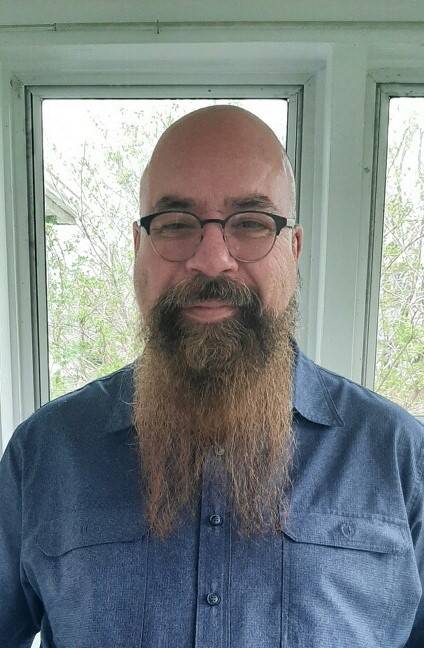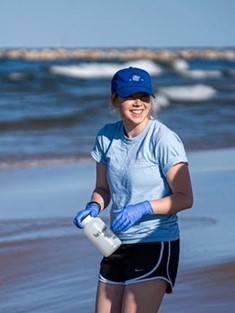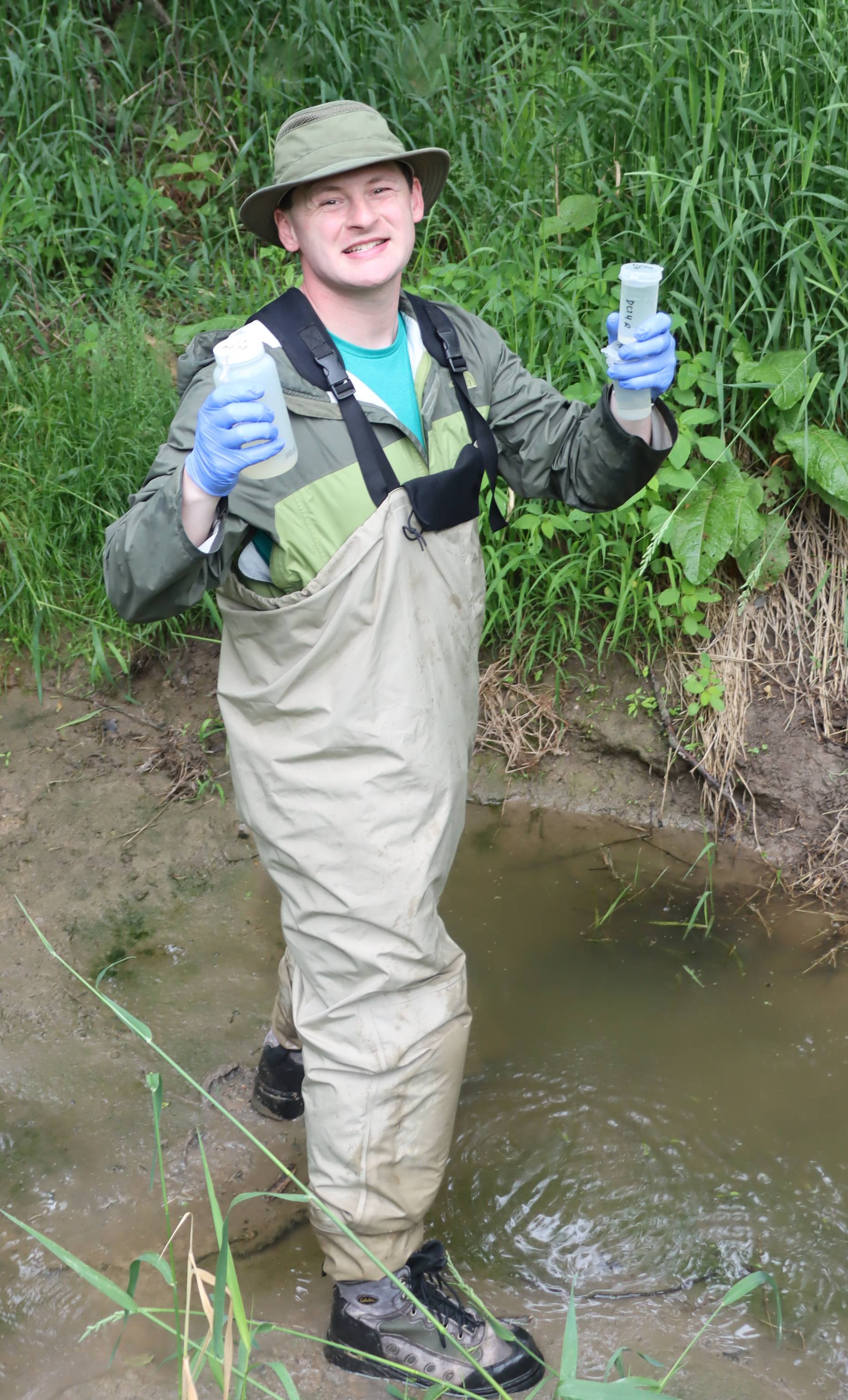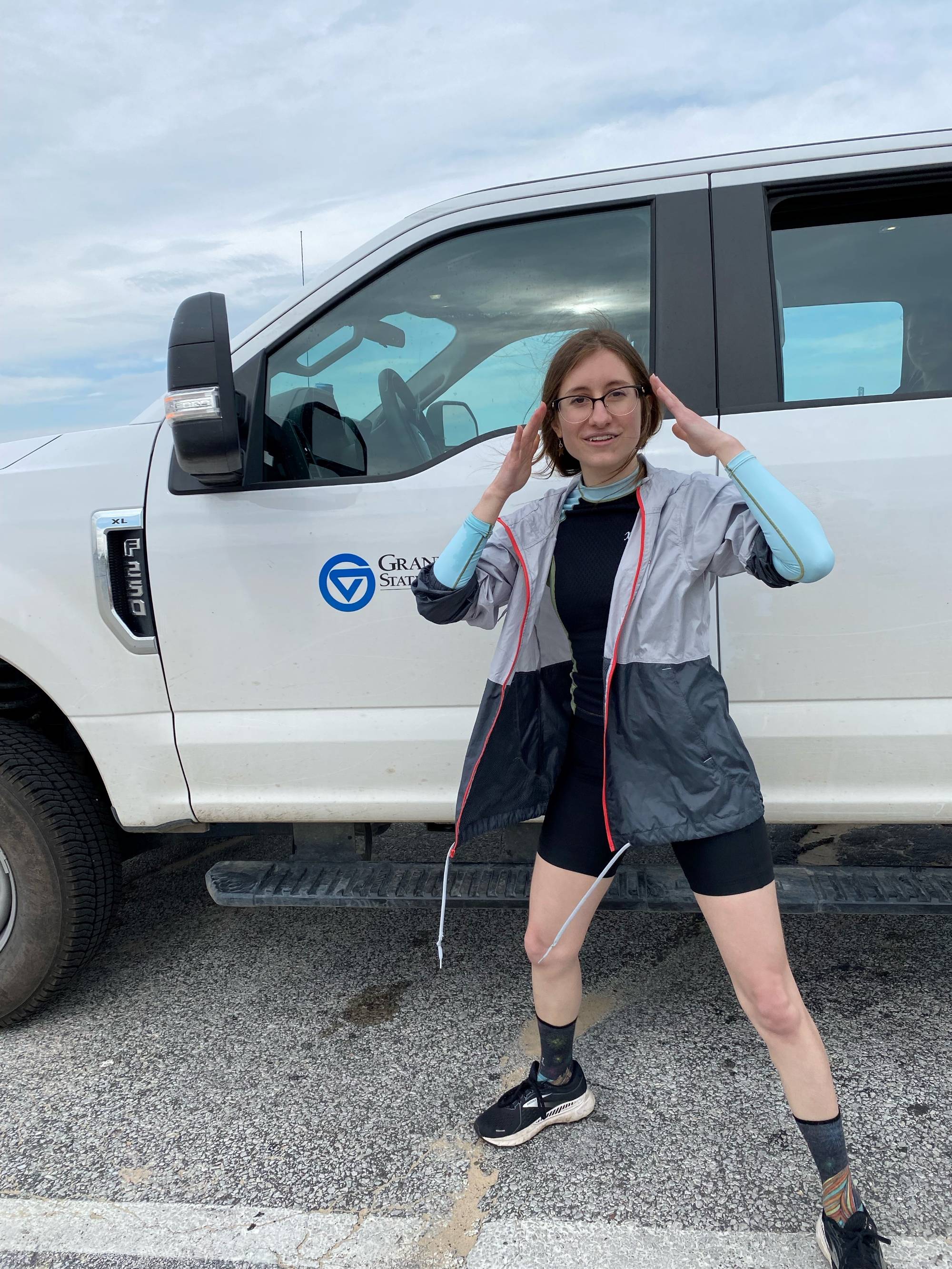Environmental Chemistry Staff

Richard R. Rediske, Ph.D.
Professor
(616) 331-3047
[email protected]
BIO
I lead the Environmental Chemistry lab at GVSU's Annis Water Resources Institute. My lab focuses on the development and implementation of novel methods for environmental assessment and monitoring. Through collaborations with local communities and governmental agencies, we strive to answer critical questions about human and environmental impacts to water quality and provide high quality data for decision makers and stakeholders.

Brian T. Scull
Research Lab Supervisor
(616) 331-3037
[email protected]
BIO
I joined the Rediske Lab in 2004 and currently manage daily operations in the analytical and molecular biology labs. I conduct research in nutrient cycling, harmful algal blooms, ecological impacts of contaminants, fecal pollution, molecular source tracking, and wastewater-based epidemiology monitoring techniques in the Great Lakes region. I have an A.S. in Environmental Sciences and a B.S. in Natural Resources Management.

Alexis Porter, MPH
Adjunct Research Assistant
[email protected]
BIO
I joined the Rediske Lab in 2020 as a Master of Public Health Epidemiology student to assist with the Beach Monitoring Program and evaluate E. coli within the Pigeon River watershed for Ottawa County Conservation District. Since then, I now lead the Beach Monitoring team in field work, laboratory analysis, data posting, and overseeing communications with local public health departments and community partners. I am also the lead technician for the State of Michigan’s SARS-CoV-2 Epidemiology Wastewater Evaluation and Reporting Network (SEWER) project which utilizes advanced microbial assessment tools for COVID-19 RNA markers in the population. My work within the lab aims to intersect the worlds of public and environmental health.

John Hart
Graduate Student Assistant
Research Focus: Microbial Source Tracking, Microbial Method Comparison, Wastewater Based Epidemiology
[email protected]
BIO
I joined the Rediske Lab in 2021. My thesis research uses microbial source tracking (MST) via droplet digital PCR (ddPCR) for both a novel impairment risk framework and implementing results into existing geospatial modeling. Outside of my thesis research I am involved in a variety of other projects including wastewater-based epidemiology monitoring techniques and stakeholder intervention strategies as well as the comparison of existing and proposed beach monitoring techniques for quantifying E. coli.

Renée Tardani
Technical Call-In
[email protected]
BIO
Following my work on with Hemlock Wooly Adelgid eDNA detection in the Partridge Lab (2020-2021), I joined the Rediske Lab in Fall 2021 as an Adjunct Research Technician serving a support role on the SEWER Project focusing on SARS-COV-2 RNA detection in wastewater. I have since expanded my skills and knowledge by joining the beach monitoring crew and focusing my 2022 year working with Draft Method-C E. coli DNA detection and identification of harmful algal blooms (HABs) on public beaches in Muskegon County. I additionally have learned Molecular Source Tracking methods, looking for DNA biomarkers to help find the source of fecal contaminants in water bodies. I am excited to continue my work for the lab on these projects into 2023 and beyond.
